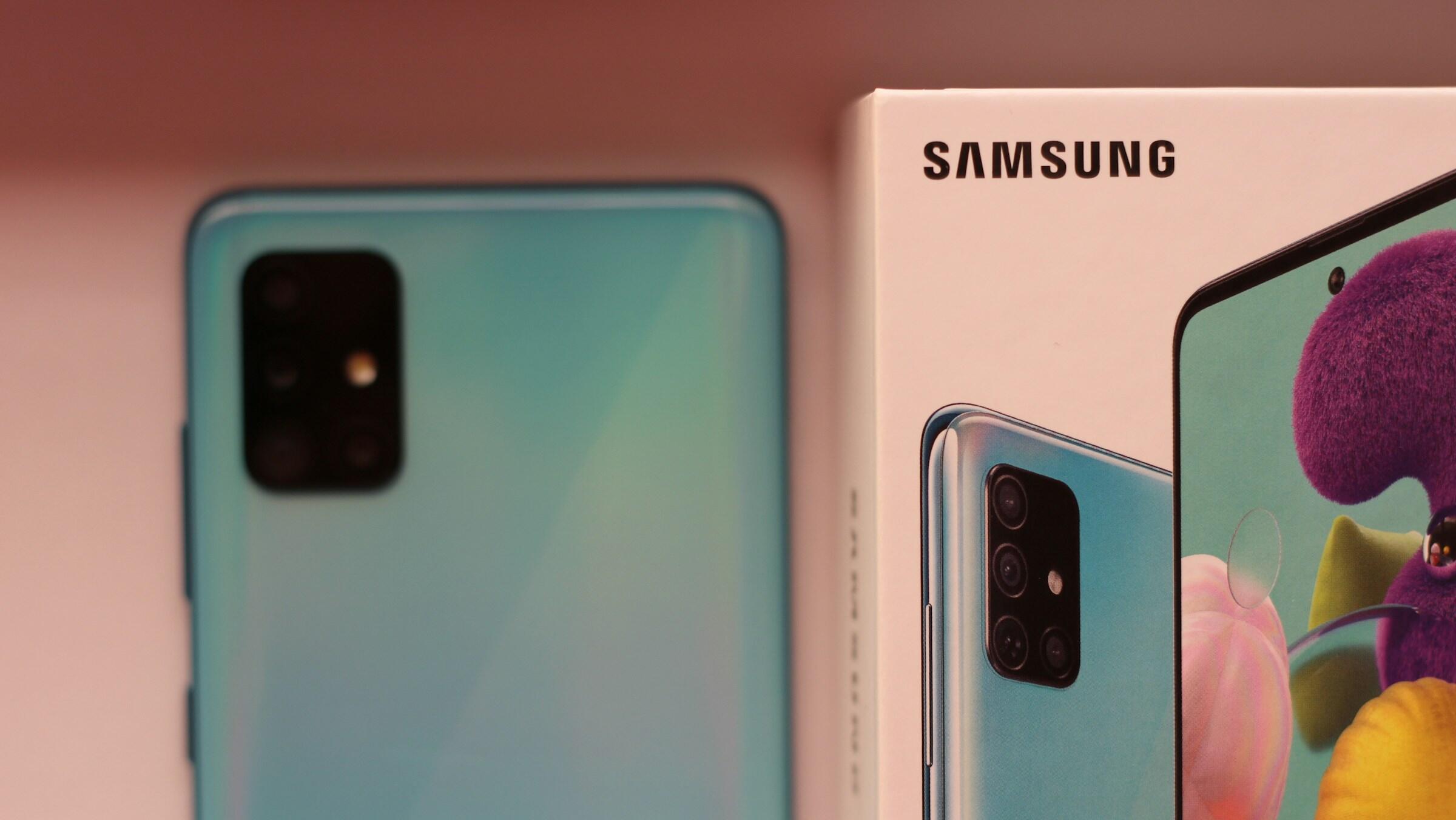South Korean tech giant Samsung Electronics Co’s recently penned US$16.5 billion contract to supply semiconductors to Tesla is expected to breathe new life into the chipmaker’s underperforming foundry business, which has struggled with persistent losses in recent quarters.
Analysts expect the deal to help Samsung close the gap with its Taiwanese rival, the Taiwan Semiconductor Manufacturing Company – the world’s largest provider of foundry services globally - on both technology leadership and customer confidence - especially in cutting-edge nodes.
The deal is also expected to provide the scale needed to improve Samsung’s economies of production.
“This contract suggests that Samsung’s yield on its advanced nodes, particularly 2-nanometer technology, is finally reaching viable levels,” noted a semiconductor insider.
“It also signals renewed customer trust and a possible shift in market momentum.”
Elon Musk CEO of Tesla confirmed on social media platform X that Samsung will produce next-generation A16 chips for the electric vehicle maker at its giant new $37 billion chip fabrication plant in Taylor, Texas which is scheduled to open during the second half of 2026.
According to Musk’s post, Samsung currently manufactures the A14 chip, while TSMC will produce the A15 initially in Taiwan and then in the U.S. state of Arizona.
“Samsung agreed to allow Tesla to assist in maximising manufacturing efficiency. This is a critical point, as I will walk the line personally to accelerate the pace of progress,” Musk said on X, and suggested that the deal with Samsung could likely be even larger than the announced $16.5 billion.
The contract is expected to account for over 7% of Samsung’s 2024 annual sales revenue of 300.9 trillion won ($217.7 billion), making it one of the largest foundry orders the company has ever won from a single client.
There’s also industry speculation that Samsung could be supplying its artificial intelligence semiconductors to Tesla for the U.S. firm’s full-self-driving (FSD) chips.
When the company delivers its earnings on Thursday, analysts expect its second-quarter profit to more than halve.
While Samsung’s overall second-quarter operating profit is expected to come in 4.6 trillion won, analysts expect its mainstay chip unit – the Device Solutions (DS) Division – to have generated less than 1 trillion won in profit, partly due to continued losses in the foundry business.
Meanwhile, according to local South Korean media outlets, American chip firm Qualcomm could place an order for chips manufactured using Samsung’s 2 nanometer technology.
While Samsung has reportedly been working to get the latest version of its HBM chips certified by NVIDIA, a report from a local outlet suggests these plans have been pushed back to at least September.
Samsung’s shares rose over 6% in trading on Monday to reach their highest level since September 2024.

Join our community of decision-makers. No card required
Join now

